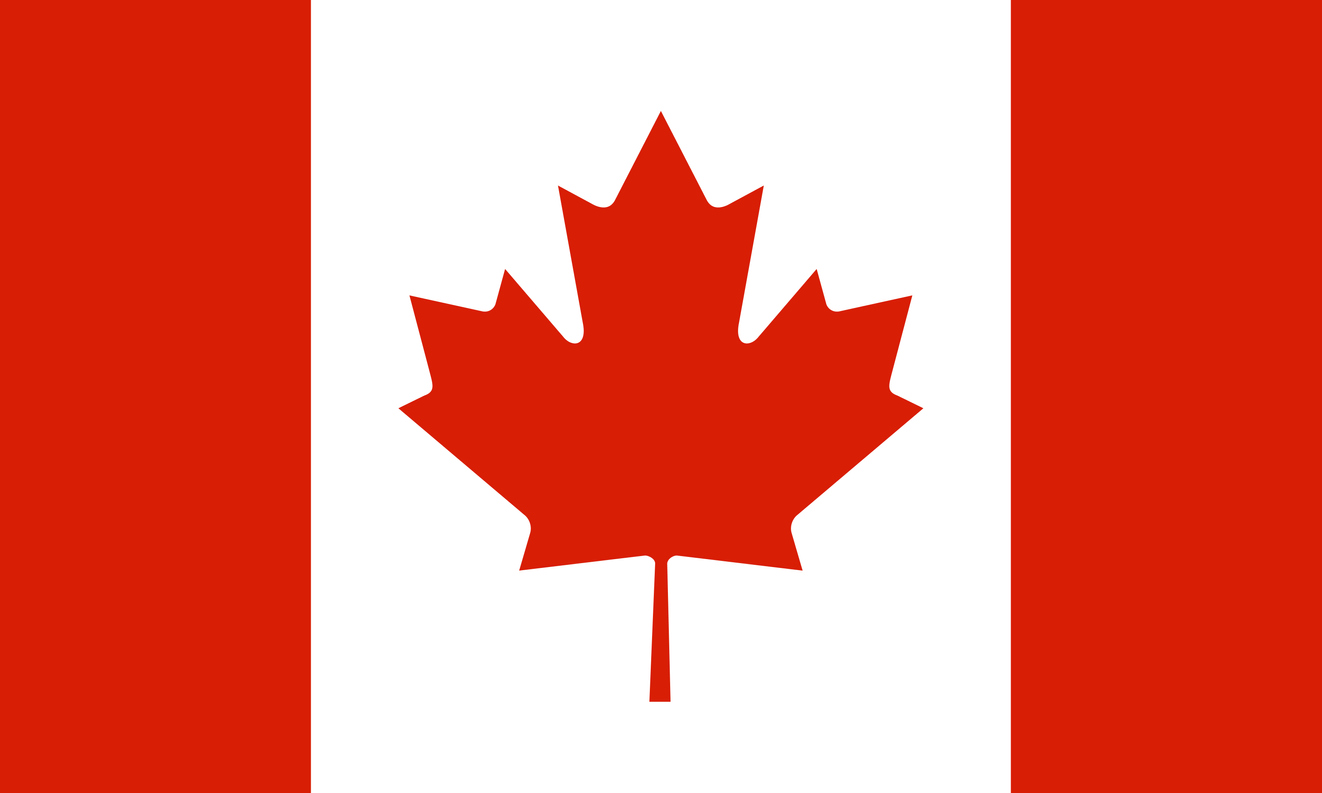
Beginning on January 15, 2019, Canada gained access to new food safety enforcement tools. The Safe Food for Canadians Regulations (SFCR) will enhance the Canadian government’s ability to proactively prevent food safety issues.
Instead of 14 different sets of regulations, SFCR condenses regulations to one central resource that is currently being enforced. The regulations apply to food sectors that were formerly registered, monitored or licensed by the now-outdated regulations SFCR replaced. This includes food importers, exporters, manufacturers and companies that handle meat before and after slaughter.
The new regulations have both short- and long-term ramifications for food importers and exporters in the region. Above all, SFCR will require businesses with more than $100,000 in gross annual food sales to develop and file a preventative control plan.
In the short-term, most businesses impacted by SFCR have already obtained new licenses, which cost $250 and are valid for two years, by enrolling in My CFIA. The enrollment process requires businesses to provide current preventative control plans that ensure food safety.
For food producers that were not previously required to register or obtain a license with CFIA, the Canadian government has set gradual deadlines in 2020 and 2021 to phase in SFCR. Key sectors affected by this longer timeline include snack foods, beverages, oils, nuts, seeds, and confections, as well as dry goods such as coffee, tea, spices, cereals and pastas.
Beginning in 2022, any food business that manufactures, labels, packages, grades, processes or preserves exported foods in Canada will be subject to SFCR’s license requirements. Exporters will also need to register for licenses that will signal they are operating responsibly.
To enforce SFCR, the Canadian government will embark on a campaign to educate businesses as they adjust to the new requirements. When necessary, the Canadian government will evaluate potential violations and issue penalties that are proportionate to the risk of public harm.
For businesses that had already registered or obtained a license that expires after January 15, 2019, these will remain valid as Safe Food for Canadians (SFC) licenses until their stated expiration date as long as it has also been approved under SFCR, after which businesses will be required to apply for new licenses under SFCR.
2019年1月15日、カナダ政府が、食品安全性を強化するための新しいツールを手に入れました。「Safe Food for Canadians Regulations(カナダ人のための安全な食品規制)」、略してSFCRと呼ばれる規制です。これにより、カナダ政府は、食品安全性の問題を効果的に予防できるようになります。
これまでは14種類の規制が乱立していましたが、SFCRはこれらを凝縮して1つにまとめ、統一的に施行するものです。この規制の適用対象は、これまでの規制の下で登録・監督されていた、もしくは事業許可を受けていた食品セクターです。これには、輸出入や製造、および食肉解体とその後の加工処理に携わる会社が含まれます。
新しい規制は、カナダの食品輸出入会社にとって、短期と長期の両方の影響を及ぼします。何よりもSFCRでは、食品の年間売上高が10万カナダドル以上の企業に対し、予防的コントロール計画を策定して提出するよう義務付けています。
短期的には、SFCRの対象となる企業のほとんどが、すでに新しい事業許可を取得しました。取得費用は250カナダドルで、「My CFIA」というウェブサイトから申請でき、2年間有効です。この登録の過程では、食品安全性を確保するための最新の予防的コントロール計画を提出する必要があります。
これまでCFIAへの登録や事業許可の取得が義務付けられていなかった食品メーカーに対しては、2020年から2021年にかけての段階的な期日に従ってSFCRに準拠することが義務付けられています。この長期的なスケジュールの対象となる主な食品には、スナック菓子、飲料、油、ナッツ、種、糖菓、さらにコーヒー、茶、香辛料、シリアル、パスタなどの乾物類などがあります。
また、2022年以降は、カナダに輸入される食品の製造、ラベル付け、パッケージ梱包、等級評価、加工、および保存に携わるすべての企業が、SFCRの事業許可要件の対象となります。輸出業者も、登録して事業許可を取得することで、事業運営の責任を果たしていることを証明しなければなりません。
SFCRを徹底するため、カナダ政府は、企業を対象に啓蒙活動を行って、新しい要件への対応を図っていく計画です。また、必要に応じて違反の可能性を評価し、公衆衛生上のリスク度に応じて処罰を科します。
以前に登録して2019年1月15日以降まで有効の事業許可を取得していた場合は、その事業許可がSFCRの下でも承認されているかぎり、当初の有効期限日まで有効です。それが失効した後は、新しい事業許可をSFCRの下で取得する必要があります。
